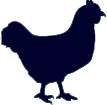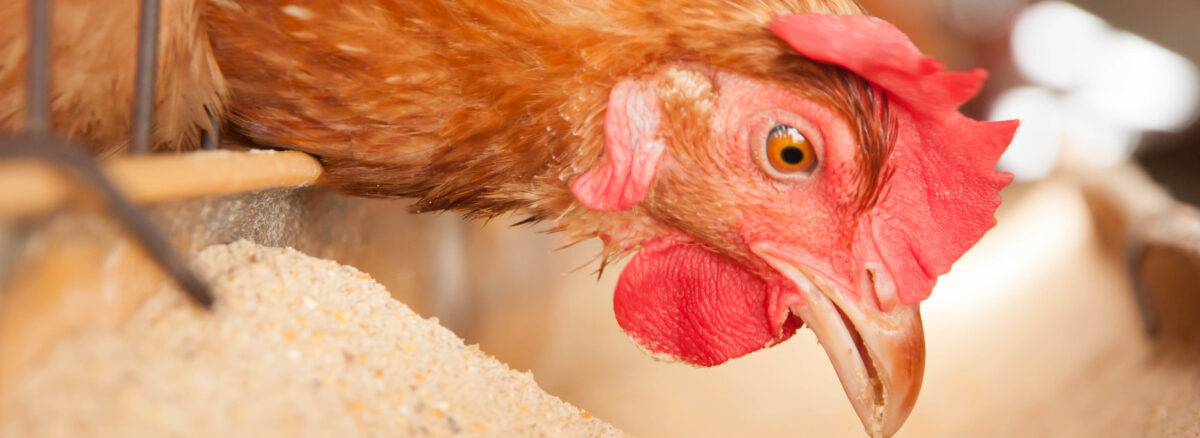Poultry Feed Nutrition: How to Boost Feed Efficiency and Profitability
There is a problem with most of the poultry feed on the market today; it lacks adequate nutrition to provide flocks with a well-rounded diet. In fact, certain poultry feed ingredients can block the ability of many birds to properly absorb nutrients.
Raw soybeans, for example, can inhibit pancreatic trypsin activity and protein digestion in chickens. The result is reduced feed intake and lower feed efficiency. It’s important to consider these factors in order to provide a balanced diet that supports normal body functions.
Regardless of the poultry species in your operation, the nutritional requirements are similar across the board.
How to Solve Common Poultry Health Problems with Feed Additives
Essential Poultry Feed Nutrition
We all know the six basic components of poultry nutrition: water, carbohydrates, fats, proteins, minerals, and vitamins. A diet that combines these elements in the proper proportions will sustain poultry’s normal breathing, eating, digestion, growth, reproduction, and egg production.
There are 3 fundamental nutrients that are vital to maintaining the health of your poultry:
- Amino acids are divided into essential and nonessential. Essential amino acids are not produced in sufficient quantities by poultry, so they must be supplemented to create a well-rounded diet. Nonessential amino acids are generated by the body in adequate supply when basic feed requirements are met.
- Vitamins are organic compounds poultry need in small quantities to support normal body functions, healthy reproduction, and optimal growth rates. Vitamin deficiencies often lead to disease or syndromes.
- Minerals are required for a variety of roles in poultry health. These include the formation of bones and red blood cells, correct muscle function, blood clotting, energy metabolism, and enzyme activation.










